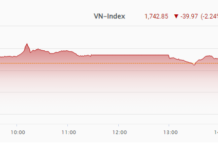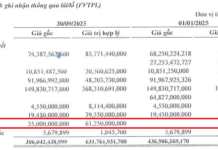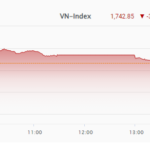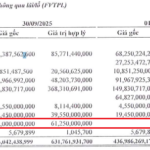Current deposit interest rates for 12-month terms at commercial banks typically range from 4.5% to 6% per annum, significantly lower than the 9-10% rates seen during 2022-2023. Despite this, many companies are opting to maintain substantial cash reserves in fixed-term bank deposits rather than venturing into riskier investment avenues like stocks, corporate bonds, or real estate.
Third-quarter financial reports from several major corporations reveal high levels of bank deposits. Notably, energy and retail conglomerates hold trillions of Vietnamese dong in financial institutions, with these deposits constituting a significant portion of their short-term assets.
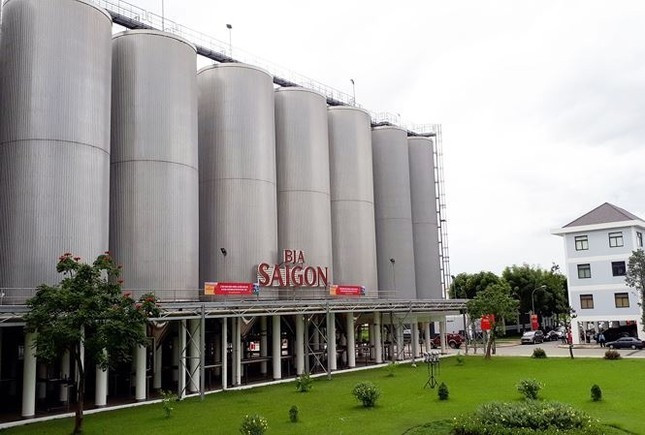
Sabeco Corporation with over 20,000 billion VND in bank deposits.
Specifically, Saigon Beer-Alcohol-Beverage Corporation (Sabeco) recently disclosed its Q3 financial report, indicating that cash, cash equivalents, and bank deposits across various terms remain exceptionally high, accounting for 64% of total assets, valued at 20,027 billion VND. Interest income from these deposits totaled 741 billion VND in the first nine months, averaging over 2.7 billion VND daily.
Petrovietnam Technical Services Corporation (PVS) holds nearly 16,800 billion VND in cash and short-term deposits, representing almost 60% of its total assets. These substantial deposits generate hundreds of billions of VND in annual interest, significantly contributing to the company’s profitability.
Quang Ngai Sugar Joint Stock Company (QNS) reported its Q3 and nine-month business results, highlighting significant cash holdings. As of Q3-end, total assets reached 13,972 billion VND, slightly up from the beginning of the year. The company holds nearly 7,700 billion VND in deposits, exceeding 55% of its total assets.
FPT Corporation stands out with bank deposits nearing 37,000 billion VND, equivalent to approximately 1.4 billion USD.
Similarly, as of September 30, Duc Giang Chemical Group (DGC) held 13,100 billion VND in cash and deposits, nearly 500 million USD, comprising 67% of its total capital.
Financial experts suggest this trend reflects a defensive mindset among businesses. While savings interest rates are modest, they offer market risk mitigation and liquidity flexibility for emerging investment opportunities. In uncertain times, holding cash or bank deposits can be a prudent strategy to ensure financial security.
However, the concentration of corporate funds in banks also indicates limited confidence in business prospects. Prolonged reliance on bank deposits may hinder economic recovery, as idle capital remains untapped for production and investment.
Many argue that stimulating capital flow into business activities requires coordinated fiscal and monetary policies to create a more stable and attractive investment environment. When stock markets, real estate, and consumer sectors rebound, companies will be more inclined to withdraw funds from banks in pursuit of higher returns.















